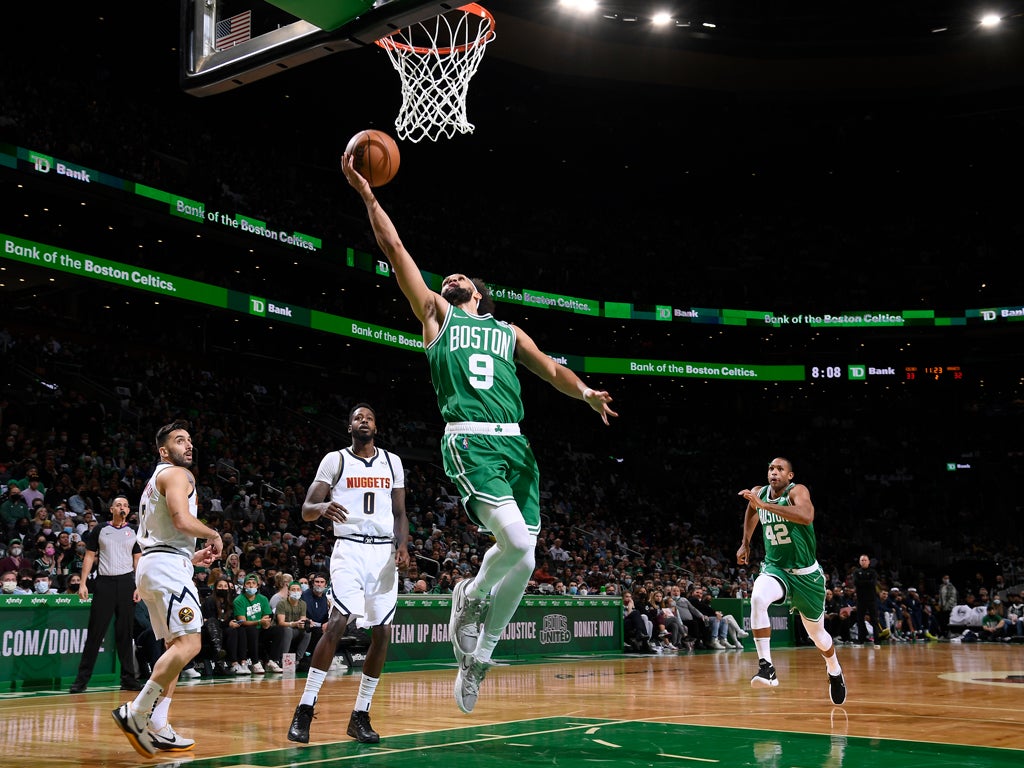The content of this page is accurate as of the publication date; however, some offers from our partners may have expired. Browse our list of the best credit cards or use our CardMatch™ tool to find the cards that suit your needs.
One of my favorite things about working at CreditCards.com is meeting entrepreneurs who are doing interesting things to shake up the payments industry. I recently had a fascinating conversation with Michael Spelfogel. He co-founded Cardless three years ago in his early 20s and is currently the president of the company. Fun fact: he currently has 235 credit cards. Yes personally. Crazy, right?
A Stanford graduate and former employee of Visa, Lyft and The Points Guy (which, like CreditCards.com, is owned by Red Ventures), Spelfogel focuses Cardless on three of his favorite things: credit cards, sports and data science.
Cardless is a joint credit card partner of five professional sports teams. These include the Boston Celtics of the National Basketball Association, the Cleveland Cavaliers and New Orleans Pelicans, the Miami Marlins of Major League Baseball, and the English Premier League Manchester United. This is a very impressive list of partnerships.
Where have all the sports credit cards gone?
My first question to Spelfogel was about the broader landscape of sports credit cards. Many sports credit cards have disappeared from the market in recent years. For example, Bank of America and Major League Baseball recently ended their credit card agreement, the NFL Extra Points credit card is in the process of transitioning from Barclays to Alliance Data Systems Corporation, and the BBVA Compass NBA credit card was discontinued in 2017.
Among the four major North American professional sports leagues, only the National Hockey League currently accepts credit card applications with each of its team logos (as agreed with Discover).
What is happening and how can Cardless succeed where much larger financial institutions have seemingly failed?
Target Rewards
Spelvogel believes his company’s secret sauce is how Cardless tailors card offerings to potential customers. For example, the Bank of America MLB cards were a marketing game because cardholders could display the logo of their favorite team on the card, but the reward structure was in the same 3-2-1 format as the Bank of America® Customized Cash Rewards credit card. That is, 3% cashback in an eligible category of the cardholder’s choice, 2% cashback in grocery stores and wholesale clubs, and 1% on all other purchases (with an aggregate quarterly spend cap of $2,500 for the 3% and 2% categories). . It’s a solid card, but aside from the logo, it didn’t really have anything to do with baseball fans.
Cardless offers rewards that are much more closely tied to the cardholders’ favorite teams. The Celtics card, for example, provides a 10% discount on purchases from the team’s official online store and 7 points per dollar on Celtics tickets (along with 7 points per dollar on some ride sharing and streaming services, 4 points per dollar on bars and restaurants, 2 points per dollar). points per dollar at grocery stores and pharmacies and 1 point per dollar in everything else).
How to redeem
These points are worth 1 cent each when you redeem them for statement credits and 1.25 cents each for Fanatics.com gift cards. You can also use them to get game tickets and merchandise (like 30,000 points for a basketball signed by Celtics legend Larry Bird).
While each of the five cardless offers has the same welcome bonus (30,000 points after you spend $2,000 for three months), spending reward categories vary slightly from card to card.
Modern map for modern fans
In addition to targeted rewards, Spelfogel believes that another major benefit of Cardless is its focus on digital technology. Potential cardholders could see an advertisement in the stadium, scan a QR code, apply for a card and get approved in seconds, with the virtual card immediately available through their phone’s mobile wallet. Cardholders subsequently receive a physical card in the mail.
Cardless processes on the Mastercard network, and like the Apple Credit Card*, the credit card number is not printed on the card itself. If you need to find it for any reason (such as entering a number on a web form for an online purchase), you can find it in the company’s app. This approach has some security benefits, including the ability to easily obtain a new card number if the previous number was compromised by fraud.
What’s next for beskart
While Cardless got off to a good start thanks to a series of sports partnerships, Spelfogel believes there is much more potential for the company. He says Cardless could quickly introduce co-branded credit cards to other industries, possibly including travel and/or fashion. The underlying technology is highly flexible, and the company’s mission of delivering personalized value to consumers and brand partners has huge growth potential.
Have a question about credit cards? Email me at ted.rossman@creditcards.com and I’ll be happy to help.
* All Apple Card information has been independently collected by CreditCards.com and has not been verified or approved by the issuer.
Editorial disclaimer
The editorial content on this page is based solely on the objective judgment of our contributors and is not based on advertising. It was not provided or ordered by credit card issuers. However, we may receive compensation when you click on links to our partners’ products.
